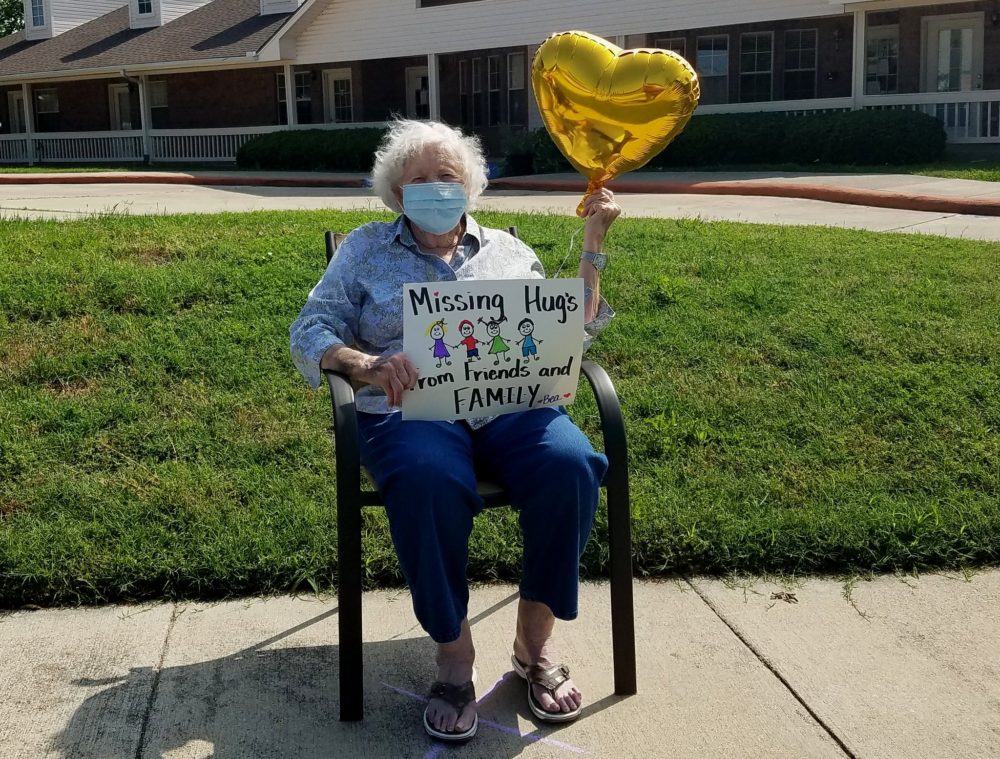While hypocritical politicians, the media and health officials urged people to stay home, mask and even stop celebrating holidays with family members to “save grandma” from a virus that is especially fatal for the elderly, the narrative changed after the vaccine, which was hailed by many on the left and right as a beacon of hope, was produced.
Instead of prioritizing vaccination for those who are most vulnerable to death if they contract the virus, many state governments have told older populations to be patient while distributing and administering the vaccine to frontline workers, nursing home residents, prisoners and even some teachers and police officers.
Although the Centers for Disease Control and Prevention recognizes that people aged 65 and over are responsible for 8 out of 10 deaths from the Wuhan virus, the federal agency has suggested giving the vaccine first to those on the front lines and in long-term care facilities. Later, the CDC recommends that doses of the vaccine be allocated to people aged 75 and over, at the same time as “about 30 million essential frontline workers”, a large group of people that the New York Times estimates that represents “almost 70 percent of the American workforce.”
The effects of this prioritization are already showing in the United States. Just last week, some politicians and their officials jumped to the front of the line to receive their first dose of the vaccine. Among them was deputy Alexandria Ocasio-Cortez, only 31 years old. Despite receiving criticism from her colleagues and constituents for taking the dose, the young representative did not apologize for the experience, posting a video of herself receiving the vaccine and offering to answer questions about it.
Prisoners and prison officials in some states, such as New York, are also already receiving preferential treatment when receiving the vaccine before the elderly. Even prisoners in Guantánamo Bay will receive the vaccine even before some states have expanded their distribution beyond long-term care centers.
Update: Southcom says that Covid-19 vaccines destined for Guantanamo this month will be administered voluntarily. Both prison personnel and wartime detainees may decline.
– Carol Rosenberg (@carolrosenberg) January 4, 2021
The poor planning of some states and their governors also unexpectedly gave some who did not have the vaccine special opportunities to receive it, after health professionals were left with extra doses of the vaccine, which has a short shelf life and would be discarded if not administered quickly. From Washington, DC, to California, the excess of unused vaccines has forced those who administered the vaccines to choose between administering a dose to someone who is not on the front line of the COVID-19 line or throwing it away.
Politicians like Governor Andrew Cuomo in New York also contributed to this crisis of choice, denying New York City’s request to vaccinate people aged 75 and over after a serious underutilization of its vaccine stock. Cuomo has threatened to increase penalties for health care providers who violate the state’s priority COVID-19 vaccine schedule, which includes vaccinating drug addicts before the elderly, as well as hospitals that have not used their vaccine stock before to expire.
NY Gov Cuomo denied NYC’s request to vaccinate people aged 75 and over, despite the fact that the city used only 25% of its Covid vaccine stock pic.twitter.com/41qEqvIUUr
– Eli Klein (@TheEliKlein) January 4, 2021
While many politicians, agencies and states have failed to implement vaccine distribution plans that help the elderly get the vaccine quickly, others, like Texas and Florida, have circumvented some of the CDC’s recommendations to ensure that those who are most vulnerable protected.
Despite the media reaction since the pandemic began, Florida Governor Ron DeSantis took the lead in these efforts, clearly stating that vaccinating the elderly is necessary and the best way to deal with the pandemic.
“If you are 74 in the state of Florida, we have decided that we want you to be vaccinated,” said DeSantis. “You are eligible and a priority, and we will do everything we can to work with our healthcare partners to ensure that the vaccine reaches you. If you are a 74-year-old man in most states in this country, you have no chance of getting a vaccine now; you are not eligible, under most guidelines in those states, not even to be vaccinated. “
Jordan Davidson is a staff writer for The Federalist. She graduated from Baylor University, where she graduated in political science and graduated in journalism.
